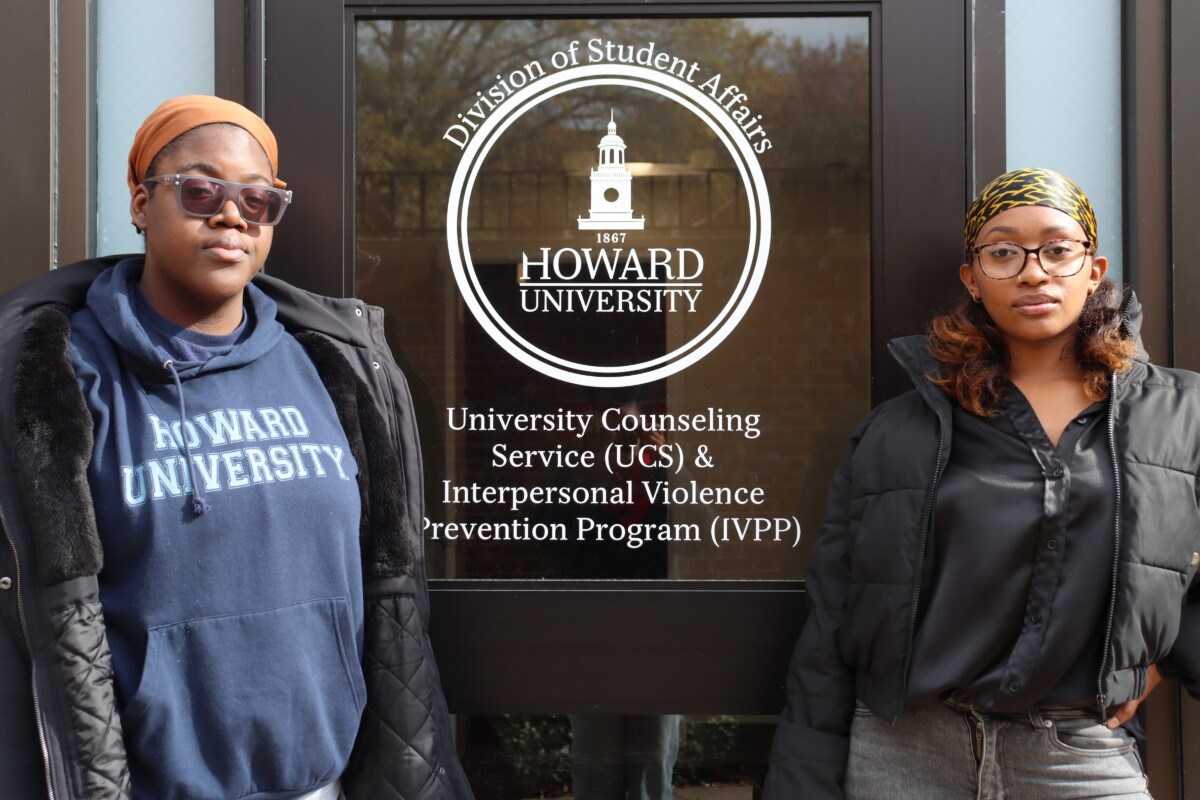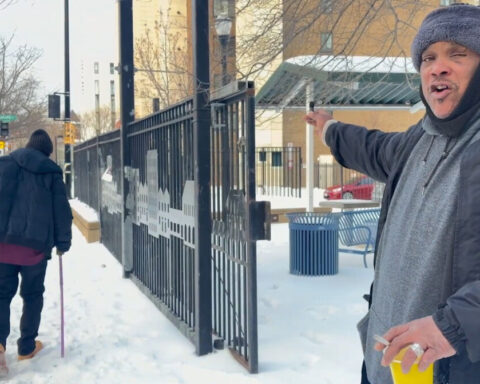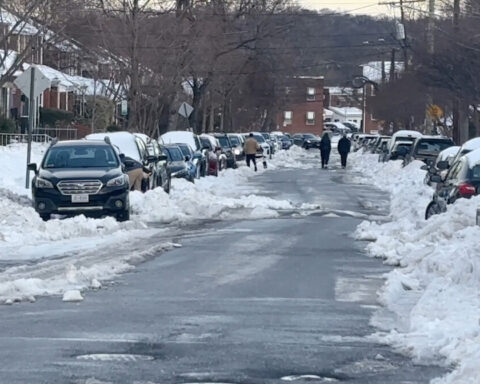WASHINGTON (HUNS) – Many college students dream of walking across the stage in their caps and gowns in four years. For Monica Maya, her dream is now delayed and further complicating her experience is a lack of responsive mental health services she needs — a reality for many other seniors at Howard University.
Maya, a fifth-year senior majoring in chemical engineering, has had counseling sessions from Howard University Counseling Services (UCS) since her sophomore year. UCS provides a variety of mental health services – which includes eight individual sessions per semester, group counseling, workshops and referrals for medication management.
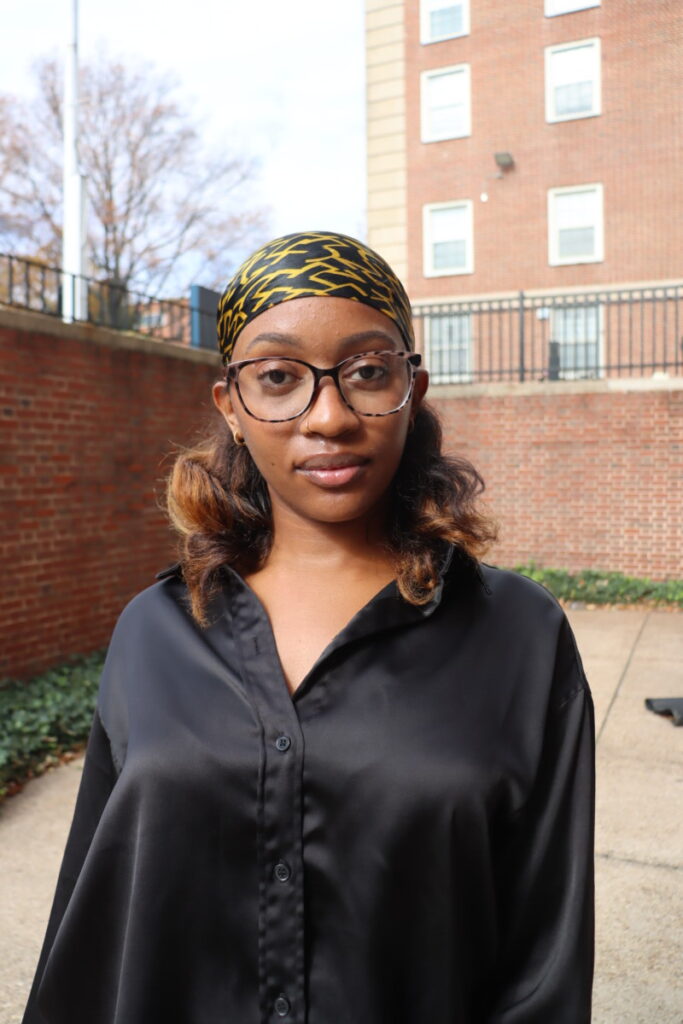
Because she is repeating a year, Maya is adamant about getting the necessary treatment to better manage her anxiety when taking difficult courses like Organic Chemistry. She is retaking it for the fourth time.
“In the fall semester, I typically need a little bit more support. Like last year, I was [supposed to be a] graduating senior… my mental health issues had gotten so bad that I ended up not graduating,” said Maya.
Receiving affirmation from a specialist helps her believe in her ability to succeed, she said.
Araya Baker, a psychotherapist with experience supporting college students at University-based counseling centers and career and disability services offices, said anxiety is what many college students report as their foremost mental health concern.
“To an adult… these stressors may seem like run-of-the-mill challenges of adulting. Yet, for young adults, college is often the first time that they are managing high-stakes choices and competing priorities independently, on top of developing their stamina for ongoing emotional processing,” they said.
95% of students at Howard, like Maya, are from out of state. Insurance providers like Medicaid don’t extend services outside of their home state or require a co-pay, without pre-authorization. Gaining approval can take up to a month or more.
A recent report by the United Negro College Fund Institute for Capacity Building, the Steve Fund and the Healthy Minds Network, found that 54% of HBCU students had unmet mental health needs. In the past year, students facing financial stress also reported cases of suicidal ideation.
“For urgent concerns, UCS provides same-day or next-day consultations, with immediate priority given to students experiencing risk related to self-harm or harm to others,” the Office of University Communications said, in a statement.
UCS has an 8-step process — which involves campus-based referrals to other departments, self-help resources, psycho-education workshops, single-session appointments, group therapy and off-campus referrals.
Maya said, shortly after her in-take appointment, she was provided with an off-campus referral. Off-campus referrals are given when there is a limited availability of clinicians at UCS.
“It’s been really devastating, honestly. I felt like I could go to HU counseling just for help. And every time I go, it seems like I’m not fulfilled. And it just kind of feels like they’re just pushing me away.”
Maya isn’t the only student feeling displaced.
Diandra Blake, a senior African Studies major, learned early fall semester that her therapist of three years, Dr. Lisa Moscatiello, resigned from UCS.
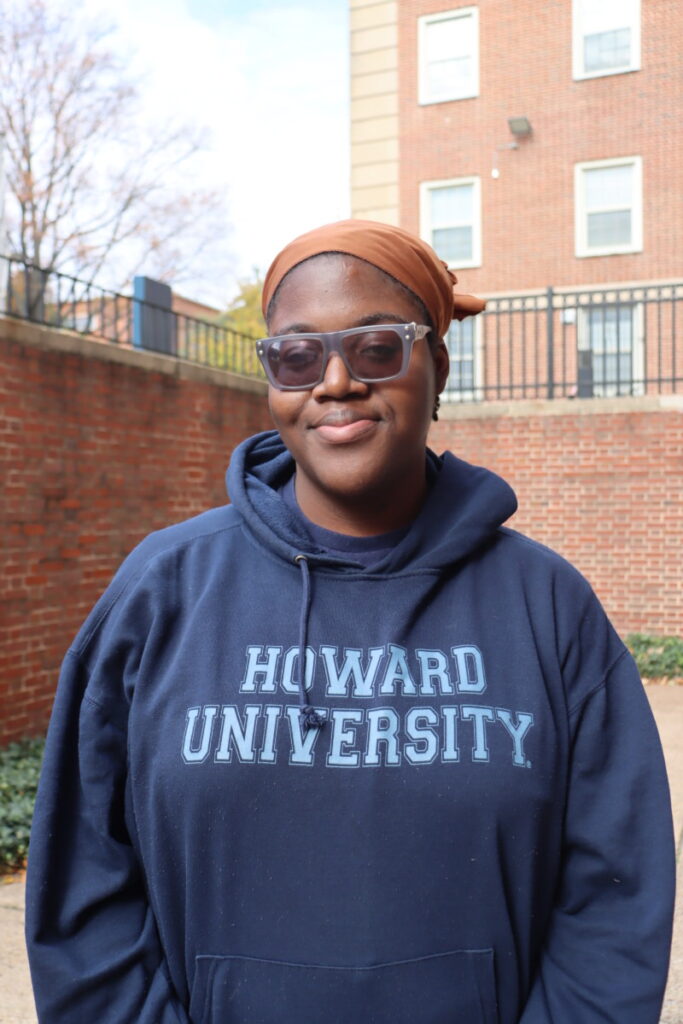
Blake emailed her specialist at the end of August requesting new sessions, but received no response. When she visited the office a few days later, she was informed that Dr. Moscatiello no longer worked at the University.
Dr. Moscatiello had been with UCS since 2022 and managed one-on-one sessions, group counseling and ADHD group counseling. She left at the end of July, along with one other clinician who left early that month.
She is now in private practice in Maryland.
“It just felt a little bit too tenuous,” she said, adding that on top of her role as therapist, she had to take on additional administrative tasks. “So, when an opportunity came along that offered enough money that I felt I needed to live on, I felt like I had to take it.”
Since her departure, according to the University, UCS has hired two new licensed clinicians and expanded a part-time clinician into a full-time role.
“The University Counseling Service (UCS) currently employs nine full-time clinicians, one part-time clinician and two administrative support staff. We are also actively recruiting a psychiatry provider to further strengthen our clinical team,” the University said in a statement.
Shortly after Blake completed the intake process again in early November for a new clinician, she was given an on-campus referral to reconnect with Dr. Moscatiello — who accepts the student insurance plan, offered by UnitedHealthcare.
“I’m excited but disappointed because if they knew she could’ve taken me all this time, why didn’t they inform me when she left,” said Blake.
The email sent to Blake by UCS said she would have to inquire about her own consultation and appointments. Now, she is faced with the difficult reality of choosing between her utilities and mental health services.
“All of my income goes directly towards my rent… and I’m already struggling with that,” said Blake.
Although Blake is covered by UnitedHealthcare, she will now have to pay a $35 co-pay for each session — a fee she wouldn’t have to pay had she had services at UCS. This presents an unforeseen challenge on how many sessions she can receive and how consistent her treatment will be.
A study published in the Journal of Affective Disorders showed that 60% of college students who initially reported mental health issues continued to report those conditions two years later — highlighting the need for consistent involvement of clinicians in the students’ care.
Without familial support, students like Blake and Maya heavily rely on friends who may not have the capacity or expertise to support them.
“Mental health professionals can help students navigate challenges and build resilience, with an eye on how students can spiral into despair or panic without their families nearby,” Baker said.
While students wait for greater support from UCS, the University says they are “conducting regular budget reviews to assess emerging needs.”
“[This includes] support for pursuing external grant opportunities to expand clinical staffing and wellness programming,” the Office of University Communications said, in a statement.
Until then, students like Maya and Blake are engaging in off-campus therapy, accessing the help that they need on their own. Blake is looking for a new source of income to help cover her new costs.
“I [am] hopeful that within the next month … I can find another job … to cover … [the things] that I need to take care of myself,” she said.
Tatiana Allen is a reporter for HUNewsService.com.

